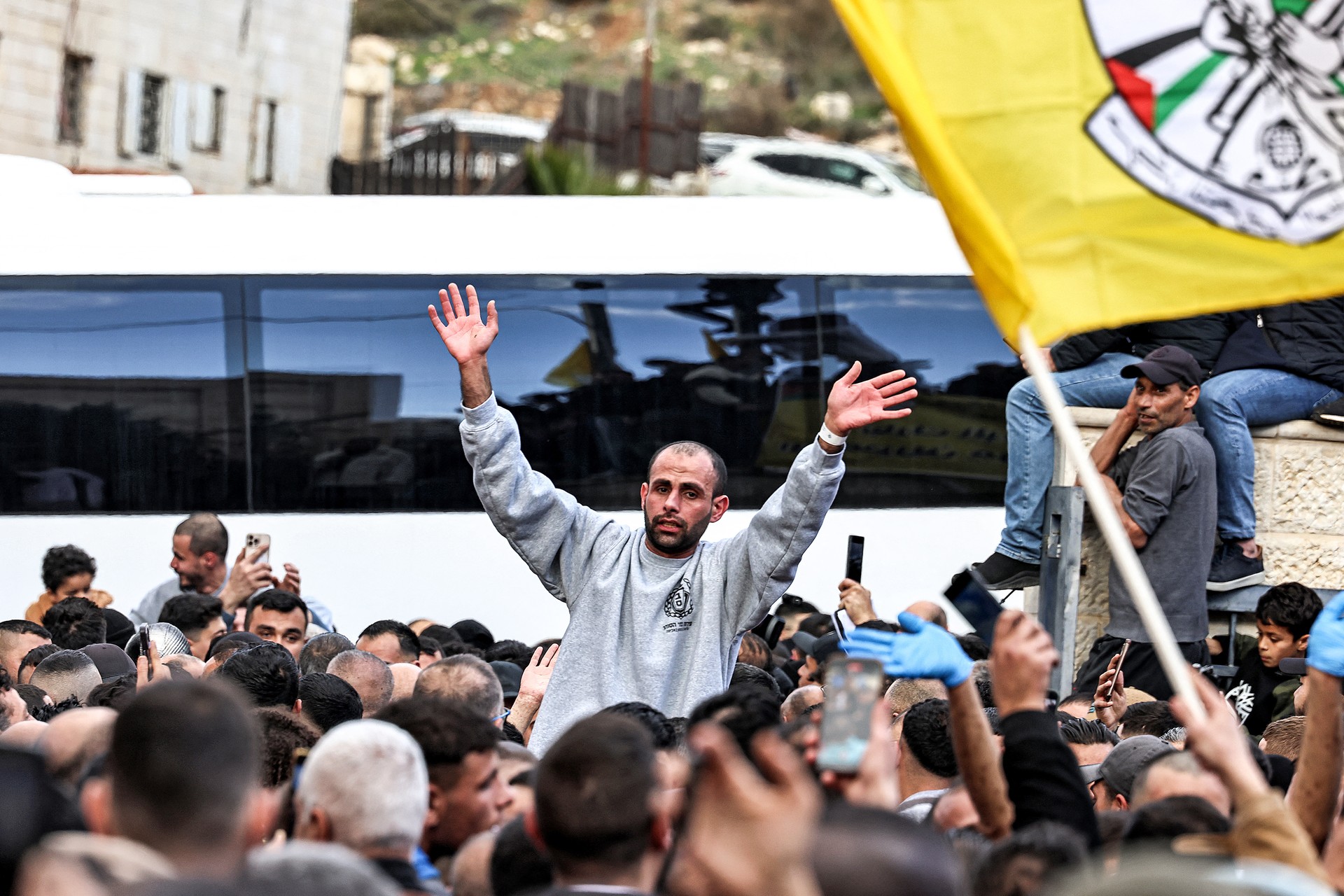
Hamas and Israel executed a second hostage-prisoner exchange on Saturday as part of the fragile ceasefire agreement currently in place. The truce, brokered by Qatar and the United States, has brought momentary relief to a region devastated by months of intense fighting.
Four Israeli women soldiers, held captive by Hamas for more than 15 months, were freed and returned home in Israel on Saturday. The captives — Karina Ariev, Daniella Gilboa, and Naama Levy, all aged 20, and Liri Albag, 19 — were paraded during a ceremony in Gaza City before being handed over to officials from the International Committee of the Red Cross (ICRC).
The hostages were later transported across the border into Israel, where they were reunited with their families and taken to the Rabin Medical Center in Tel Aviv. According to Israel’s Health Ministry, the women will receive comprehensive medical and psychological care to aid in their recovery.
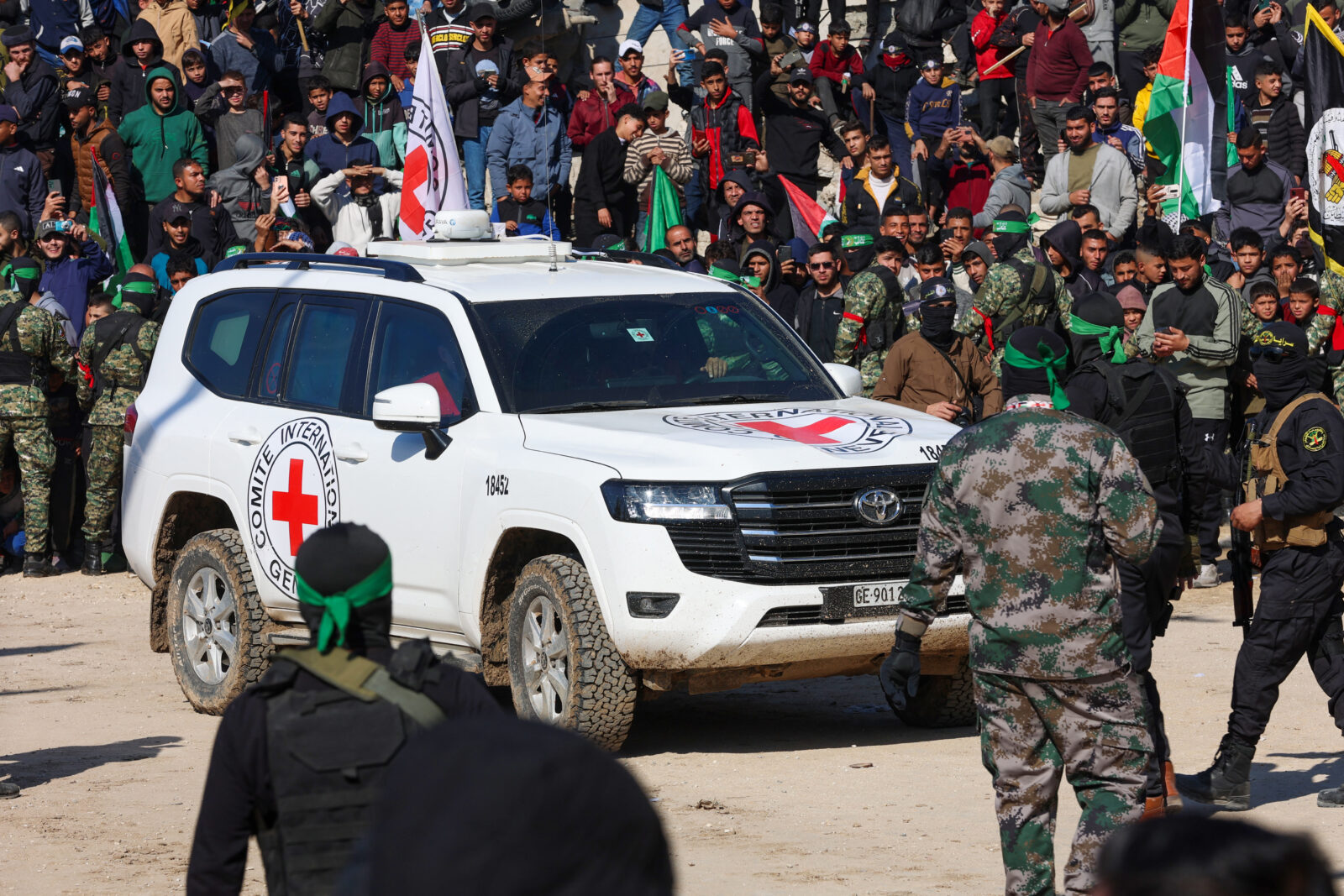
In exchange, Israel released 200 Palestinian prisoners from its jails, a group that included individuals serving life sentences for attacks on Israelis. The released prisoners departed from Ofer Prison in the occupied West Bank and Ktziot Prison in the Negev desert.
Crowds gathered in the West Bank city of Ramallah, where emotional celebrations erupted as families and supporters greeted the freed Palestinians. Many were hoisted onto shoulders and embraced by loved ones. Among those released was Mohammed al-Tous, 69, who holds the record for the longest continuous period spent in Israeli detention.
The release of hostages and prisoners was a critical part of the ceasefire deal that took effect last Sunday. The agreement, which aims to facilitate a phased resolution to the conflict, has seen significant international involvement.
The United States and Qatar played key roles in securing the deal, with former U.S. President Donald Trump taking credit for breaking months of negotiation deadlock.
Despite the success of Saturday’s exchange, tensions flared as Israel imposed conditions on the return of displaced Palestinians to their homes in northern Gaza. Bassem Naim, a member of Hamas’s political bureau, stated on Friday that displaced residents should have been able to begin returning after Saturday’s exchange.
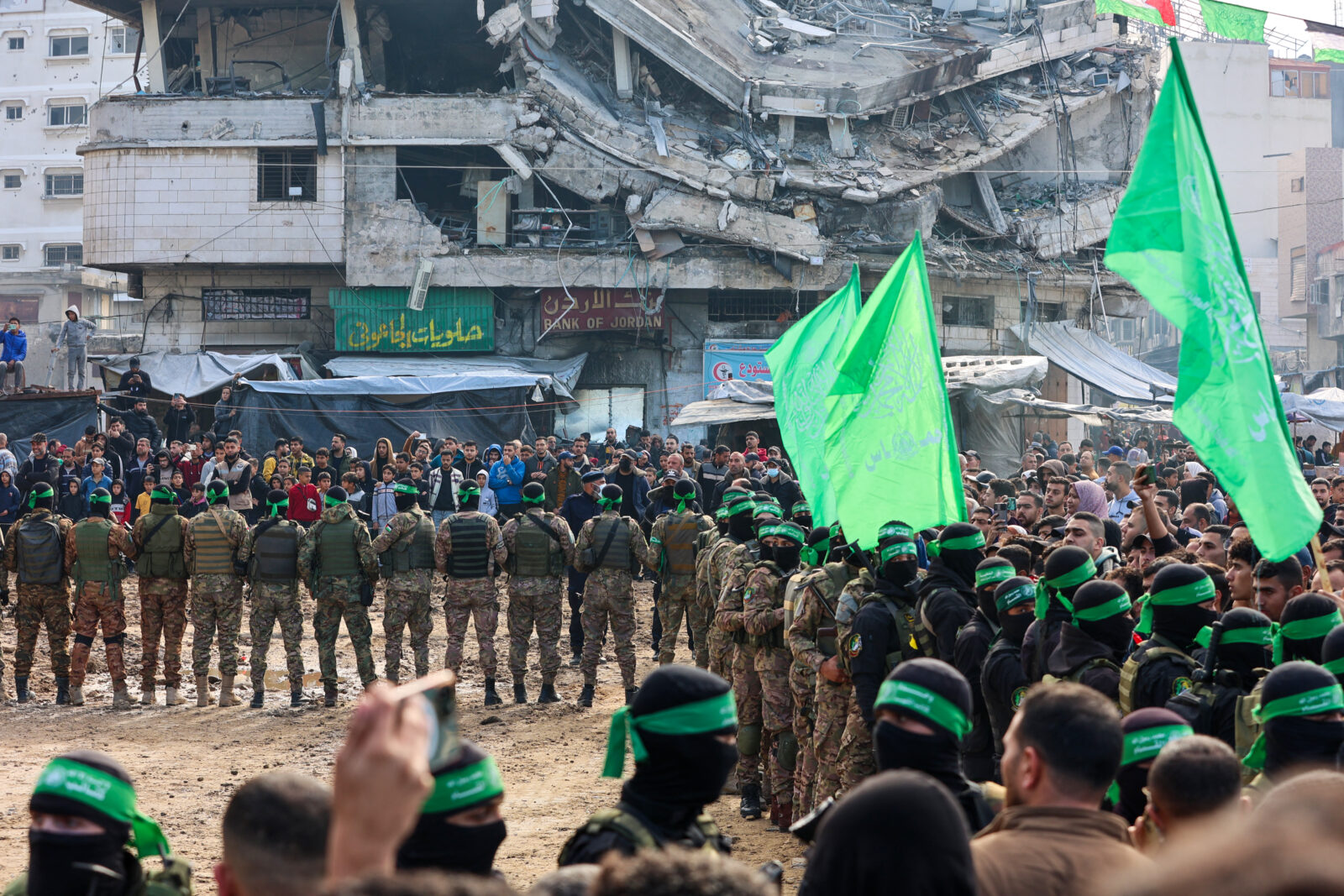
However, Israeli authorities announced that such movements would remain restricted until Hamas released Arbel Yehud, a 29-year-old civilian abducted during Hamas’s October 7 attack on Israel.
Yehud, who was taken along with her boyfriend from their home in the Nir Oz settlement, was expected to be released on Saturday. However, a Hamas official later confirmed she would not be freed until next week.
Israeli Prime Minister Benjamin Netanyahu’s office described Yehud’s continued captivity as a breach of the truce and stated that no Gazan civilians would be allowed to pass through the Netzarim corridor — the main route to northern Gaza — until she is freed.
This decision has left hundreds of thousands of displaced Palestinians in limbo. According to Hamas, many displaced families have already begun gathering near the Wadi Gaza area, hoping to return to their homes in the north.
While the truce has allowed a significant increase in humanitarian aid into Gaza, conditions remain dire. Hundreds of truckloads of food, fuel, and medical supplies have entered the territory daily since the ceasefire began, but the scale of destruction in Gaza has rendered many areas uninhabitable.
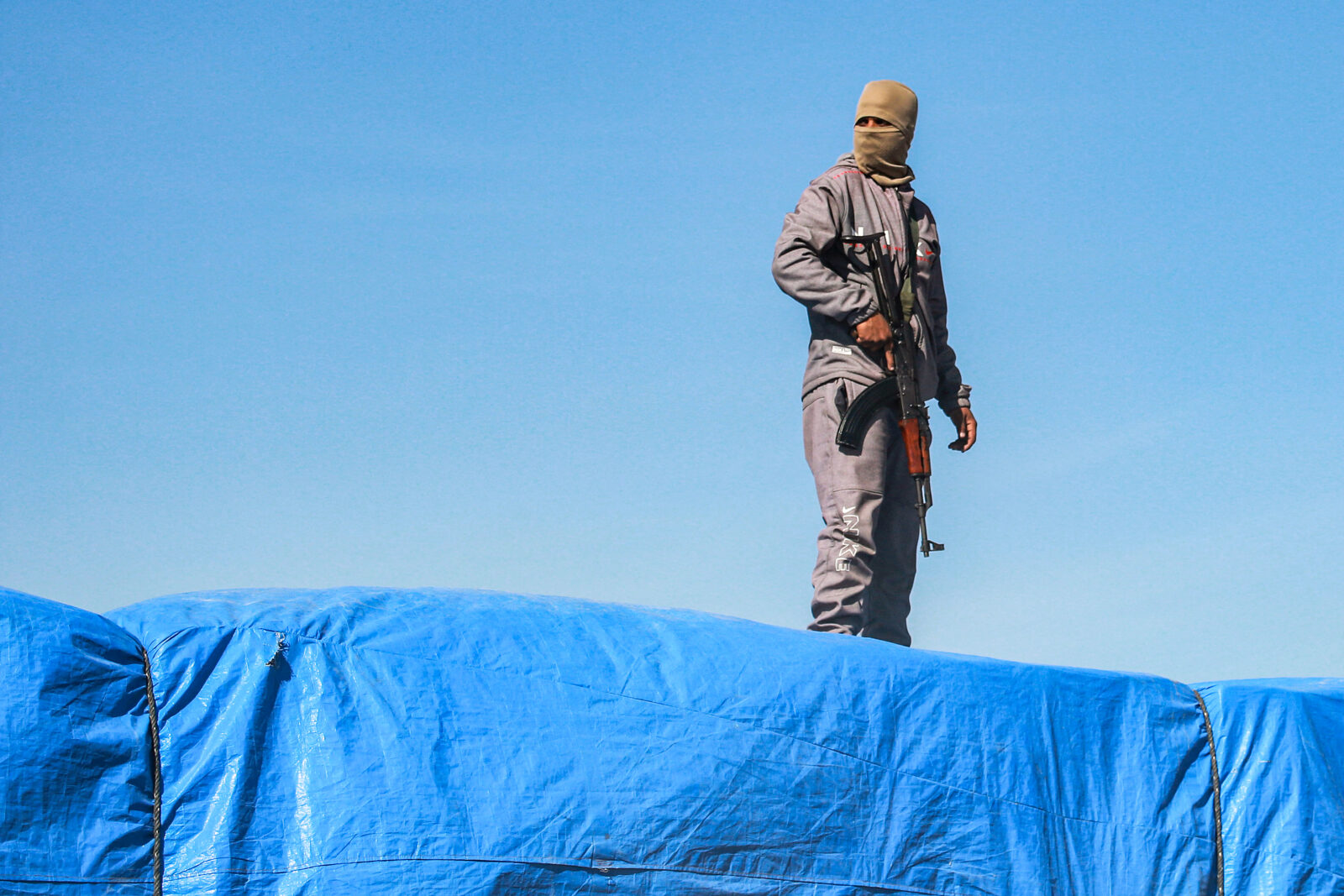
Achim Steiner, head of the United Nations Development Programme, estimated that 65 to 70 percent of buildings in Gaza have been damaged or destroyed.
The United Nations Relief and Works Agency for Palestine Refugees in the Near East (UNRWA) continues to play a critical role in delivering aid to Gaza. However, its operations face an uncertain future.
On Friday, Israel’s ambassador to the UN, Danny Danon, confirmed in a letter to Secretary-General Antonio Guterres that UNRWA would be required to cease all operations in Jerusalem by January 30, 2025.
UNRWA Chief Philippe Lazzarini warned that the agency’s removal could jeopardize the fragile ceasefire and exacerbate the suffering of millions of Palestinians reliant on its services.
The hostage-prisoner exchange is part of the first phase of a three-part ceasefire agreement designed to pave the way for a permanent end to the war. During the initial 42-day phase, Hamas is expected to release 33 remaining Israeli hostages in staggered exchanges, while Israel will release approximately 1,900 Palestinian prisoners.
Among those to be freed, more than 230 Palestinians are serving life sentences and will be permanently deported to third countries. On Saturday, Egyptian state media reported that 70 deported prisoners had already arrived in Egypt and would be sent to Tunisia, Algeria, and Türkiye, which have agreed to receive them.
The second phase of the ceasefire agreement is intended to establish negotiations for a permanent resolution to the conflict. However, analysts have expressed concerns about the deal’s multi-phase structure, warning that it could collapse under the weight of mutual distrust between the parties.
The conflict began on October 7, 2023, when Hamas launched a surprise attack on Israel, killing 1,210 people, mostly civilians, and taking 251 hostages. Israel’s military response has left at least 47,283 people dead in Gaza, according to the Hamas-run health ministry, which the UN considers a reliable source. The violence has displaced nearly the entire population of Gaza, with 2.4 million people forced to flee their homes.
Saturday’s exchange was met with mixed emotions across the region. In Tel Aviv, a crowd gathered in Hostage Square to watch the release of the Israeli soldiers on a large screen. The mood was jubilant, with applause, tears of joy, and the waving of Israeli flags.
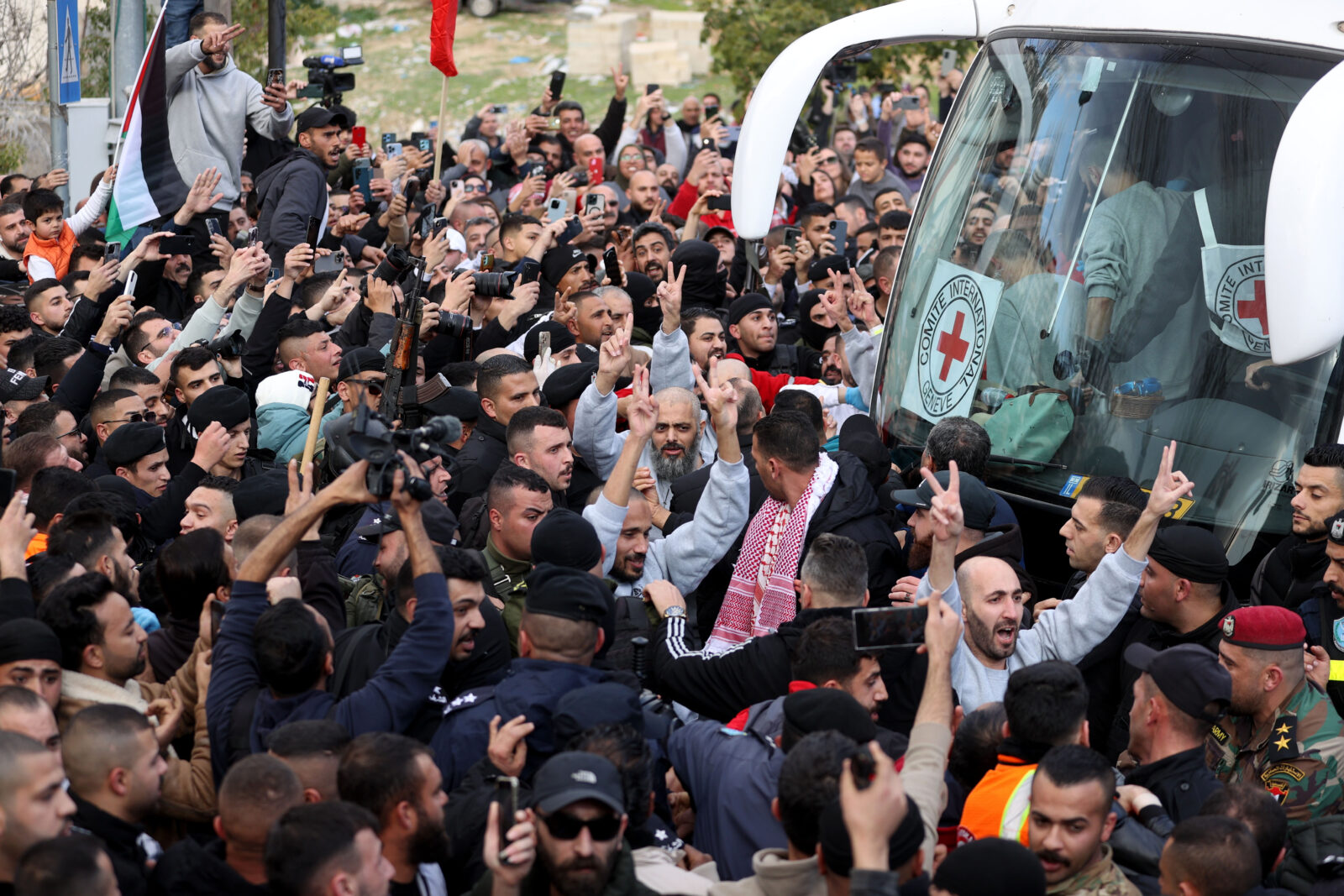
“I’m extremely excited, exhilarated,” said Gili Roman, one of those in attendance. “In a heartbeat, their lives are going to turn upside again, but right now, for a positive and good side.”
Meanwhile, Palestinians celebrated the release of prisoners as a significant, albeit bittersweet, moment. Tamer Qarmout, an associate professor at the Doha Institute for Graduate Studies, described the exchange as a “huge relief” for Palestinian families.
However, he stressed that a comprehensive peace deal, addressing the root causes of the conflict, remains elusive. “These prisoners should have been released through a bigger deal that ends the conflict, that brings peace through negotiations,” Qarmout told Al Jazeera.